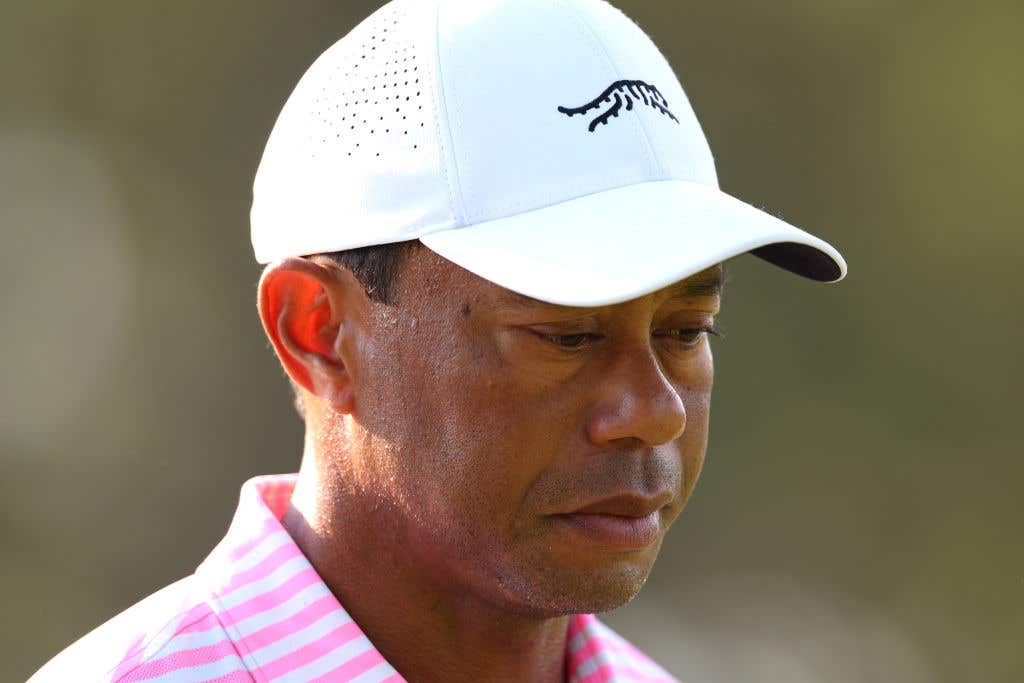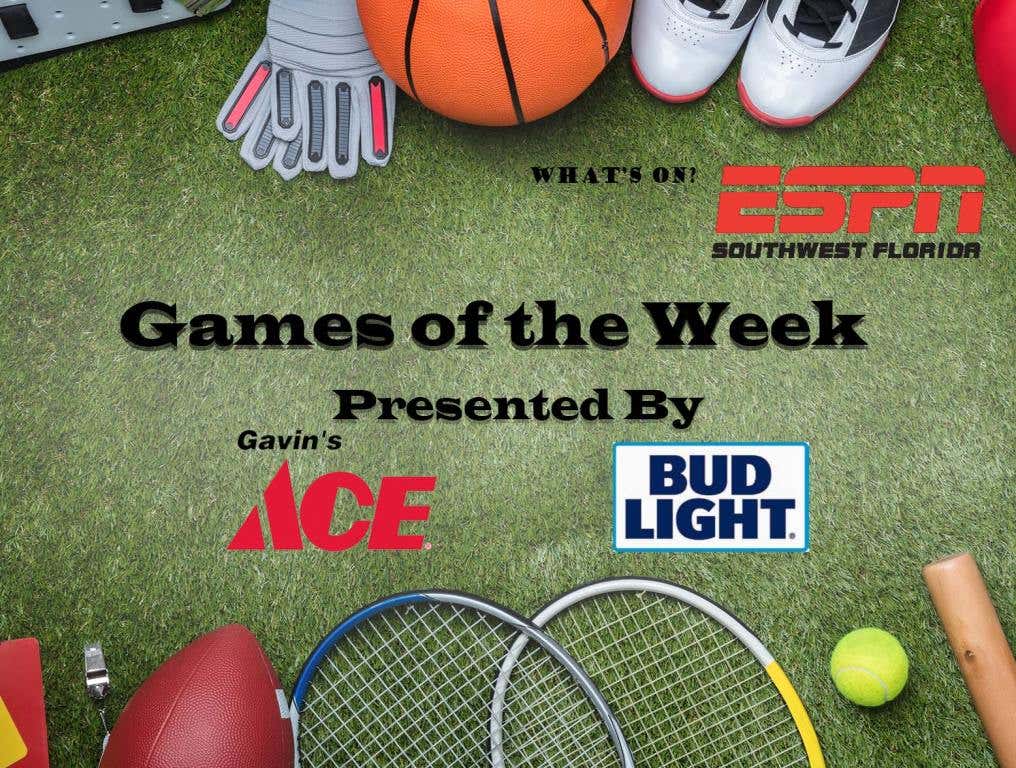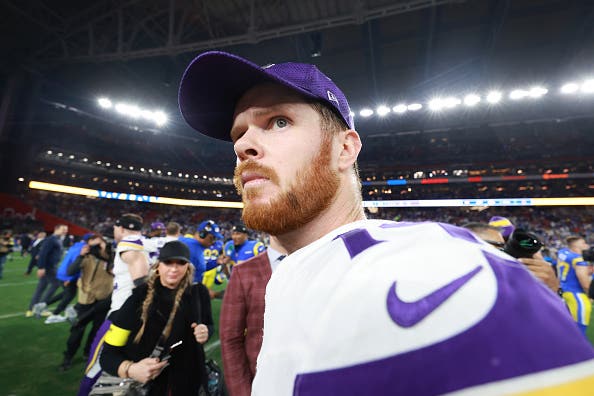Community Of Caring: Steven Van Zandt’s Initiative To Bring Popular Music Into Schools

(Photo by Theo Wargo/Getty Images)
Getty ImagesSteven Van Zandt is trying to keep kids in school with his TeachRock campaign.
You might know him as Silvio Dante, Tony Soprano's righthand man from The Sorpanos. Or as Frank Tagliano, from the classic Netflix series Lilyhammer. Or, of course, as Bruce Springsteen's guitarist and right-hand man in the E Street Band. But Steven Van Zandt is using his fame to lead a campaign designed to make the arts a core part of public education via his TeachRock foundation. As he explains in this exclusive Community Of Caring interview, there are practical and financial reasons why teaching the arts benefits society. And as he explains, his program is designed for kids, who are more likely to be fans of Ariana Grande and Drake than of Van Zandt and his peers. One lesson focuses on Kendrick Lamar's "Alright" in the context of black protest songs, another looks at Kesha's "Praying" and the #MeToo movement.
You have discussed wanting to change STEM into STEAM.
For those who may not know, the basic curriculum accepted by our general education system is science, technology, engineering, and math, which is called "STEM." One of our missions is to add the "A" -- arts -- into that mix and to turn it into "STEAM."
That's for several reasons. The first of which is that the arts are not a luxury item. They are an essential part of the quality of life. There are kids who may not be completely comfortable with the usual kind of curriculum. When it comes to science and math, they may feel a bit uncomfortable with that. But they are quite comfortable when discussing the arts. The arts, of course, being the only class where there's no wrong answers. It's a different part of the brain. It's just a scientific fact. Instead of everything having to do with precision and memorizing various types of information that you may or may not use in your life, this has to do with instinct and imagination and emotion and parts of your brain that actually stimulate the other part of your brain. It actually has been proven that those who are engaged in the arts usually do better in math and the sciences, ironically.
But anyway, that's one of our missions: to make sure that the arts are part of the DNA of education. But along the way, we are actually creating a new methodology for teaching in general. We kinda stumbled upon this accidentally. We realized early on that these kids are smarter than us, and faster than us, and have absolutely no patience.
Teachers have been tearing their hair out now for the last few years trying to cope with kids who can find answers on their devices in thirty seconds and trying to tell them, "Listen, learn this now and someday, you will use it." That just does not work for this generation.
We realized, let's not drag them through our old methodology. Let's go to them in a new way and kind of work in an area where they are comfortable. So we just said to them, 'Who is your favorite artist?' And they are all into music and they all have a favorite. We said, "Okay, let's trace them back." Let's say it's Beyoncé. Well, Beyoncé was influenced by this artist and that artist and Aretha Franklin.
And by the way, Aretha Franklin comes from Detroit. We talk a little bit about Detroit. She was from the gospel church and so we talked about the gospel church. We talk about the Civil Rights Movement. And the kids are engaged, and they stay engaged because it's a subject they are comfortable with. We have found a way to get these kids' attention and that can lead to our third goal which is keeping them in school, and helping them graduate.
We are absolutely targetting the kid that would be dropping out. Our drop out rate is epidemic and embarrassing and it has got to change. We are close to 50% of the kids in poor neighborhoods dropping out. Close to 50% of those kids end up in prison at some point in their lives. Aside from the morality and the suffering of the families and society, there is a practical economic part of this. The last statistic I saw, if we can improve the graduation rate by 5%, it saves society $18 billion in crime cost. $18 billion!
Another thing that nobody talks about is this: there's a real practical reason for learning the arts that has to do with the economy. One of our greatest exports is music and TV shows and movies. Everyone seems to ignore that fact, but there's a real economy having to do with the arts as well! By the way, if you make a movie or even a big rock and roll show, you are employing carpenters, ironworkers, sound people, and video people.
So, there are lots of reasons to support the arts and to make sure the arts are a regular part of the curriculum as opposed to some afterschool thing or some casual once-in-a-while type of class. We can support the arts every single day as a part of our standard curriculum.
The curriculum that is available to the public on your website has lessons that one might expect to see, like about the Civil Rights Movement, and how music has always been involved in the fight against AIDS. But I was surprised to find lessons on how to make a music video on your camera phone, or how a guitar's shape affects its sound.
Oh yeah. We are going to eventually really be covering a whole lot of things. I've outlined two hundred lessons. We are at about 150 or a bit more than that now. We get more ideas every day. Plus, we will occasionally partner with documentaries, which we find to be quite useful. It kind of keeps things fresh and up-to-date. Virtually any music documentary being made, or even a TV show -- HBO and PBS are some of our partners -- we partner with them and include their footage into a lesson plan. A documentary which goes into movie theaters for a few weeks and ends up on Netflix or HBO, or wherever, will have a third life now in the classroom forever. So documentary people are loving what we are doing also.
This is a really ambitious program, but it's difficult to get schools to embrace new initiatives for their curriculums. How do you get the awareness of this program out there, and how do you "sell" it?
That's a really good question. That's a question we asked last year when we decided to go public. We had been working on it for like, twelve years, but we hadn't gone public with it. We said, let's connect it to my [solo] tour. I said, "Let's reach out." My office is talking to school boards, administrations, and all that top-down stuff. But I wanted to go from the bottom up. I wanted to go to the teachers themselves who are right on the front lines and in the trenches. I wanted to really look them in the face and help them and give them the tools they need.
We started by putting aside 300-400 tickets for every show. And inviting teachers to come to the show for free. They can bring a friend. Then we would do a workshop between the soundcheck and the show to explain to them how the system and the curriculum works. That method got us 25,000 teachers registered. So it was extremely successful. We are about to start that again probably in September or October of this year. We will do that again. We continue to welcome teachers to our shows for free, just as a way of showing our gratitude for what they do. But that was how we reached out. That's how we did our teacher outreach. And man, did it work!
I was at your show in Asbury Park there were a lot of teachers there... and they were loud!
[Laughs] Yeah. They are a great audience too, by the way. Because they never get out! They are usually at home grading papers! So it's a chance to actually get out and have fun. So it's been very very satisfying to see them out with us having a good time.
You've also done a lot of work with the Little Kids Rock organization. How is Teach Rock different from that?
It's completely different: Little Kids Rock is for teaching kids how to play instruments. This [Teach Rock] is strictly music history. Our thing is for all the kids, not just musicians. Our thing is taught close to the curriculum. We are a music class, a history class, an English class, a history, and social studies class.
I still do work with Little Kids Rock. They use part of our curriculum when they are teaching music lessons. They will use our stuff when they want to give a little context of the history. We continue to be partners with them in that sense. But I'm not directly involved with them anymore. They are doing just fine, so I'm focused on other things.
So, you can get teachers to show up: they get access to the curriculum and go to a free concert for a night and have a great time, but it's a much different proposition to go to a school superintendent and say, "Hey, we think your school should change the curriculum."
Yeah. It gets a little complicated, especially at the high school level. That's why we tend to focus on middle school since it's a little easier. The [now-defunct] No Child Left Behind legislation created this obsession with testing in the high schools and they just canceled all of the arts classes.
Eventually, somebody is going to figure out that testing is actually not learning. But until that happens we have to work with all of it. The main thing is, we are giving this for free. As soon as there is a budget cut the first thing they cut is the arts. So there's no longer that excuse when it comes to our curriculum because it's free. That's why I like to work directly with teachers. When you get into the lower grades they tend to have a bit more freedom, a bit more flexibility. The teachers themselves just love this thing, I'm telling you. We didn't go public until the last couple of months of the tour. To get to 25,000 teachers so quickly was really a sure sign [that we are on to something].
You were mentioning earlier that you can ask a kid, "What artist do you like?" They could say "Beyoncé," and then you trace that back. But when you have lessons that center on an Elvis or an Aretha, those artists started 50 or 60 years ago. That would have been like telling you about classical music when you were a kid.
Not exactly. First of all, we completely focus on modern music. We are not just about nostalgia. Yes, we are completely comprehensive when it comes to the history [of music], but no. We start off with all the contemporary artists. That's what the kids want to talk about. They want to talk about Drake and Ariana Grande, all the modern artists. So we start with them. A lot of those lessons are right now in the planning stage and going to the next level. So you are going to start to see all of those. We probably will have 30 or 40 more online within the next six months. But when it comes to the Elvis Presleys of the world, the odd thing about rock and roll, and it is odd, it's still what got created in the 1950s, it is still resonating very much through our society. Of course, it's hybrids and it's starting to become unrecognizable.
But there's an amazing amount of resonance right to this day if you look at the most modern artists in the world you will be able to trace it directly back to the '50s or '60s, which is remarkable. If you go 70 years before the 1960s, and that's a point you were making, look at the music from 1870. Or 1880, 1890. There's virtually very little that you can relate to in terms of the direct influence. But that's not true with the 1950s and 1960s. Listen to Lana del Ray, or Billie Eilish for that matter. I will trace [the roots] all the way back with those artists. You can hear it in there.
I was wondering if this experience -- of having to create something for school-aged kids -- has turned you onto, or at least made you more aware, of other music you were able to ignore before?
I spend most of my time with garage rock, but yeah I try to tune in. Every once in a while, I'll try to listen to Taylor Swift or Jay-Z or whatever. But I don't have to really keep up necessarily. I don't have to necessarily know it all that well to tell my foundation people that I want them working on that stuff. I want them working on what's on the charts right now. So you will start to see the evidence of all this in the next 6 months.
Learn more about TeachRock here.





